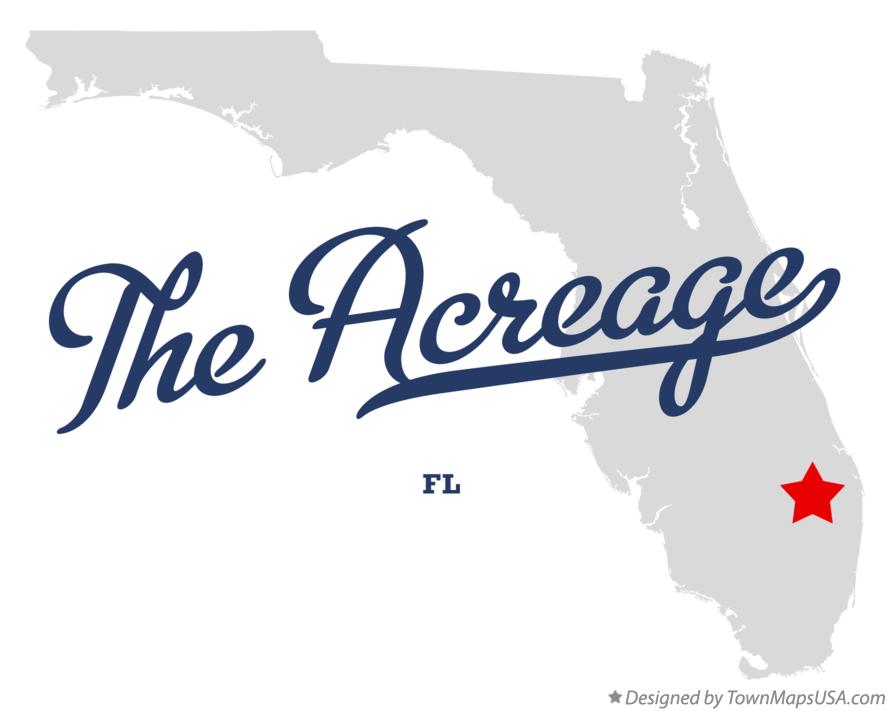Back in 2010, NPR ran a story about residents from “The Acreage,” a sprawling area, with about 40,000 residents spread out over more than 100 square miles northwest of West Palm Beach, 1 where houses sat on acre-plus lots and had septic systems and well water. But that wasn’t all they had. You see, over a 16 year time period, at least 13 cases of brain cancer were diagnosed among children living in the area and residents wanted to know why.
RELATED STORY:
And so, after months of begging, state health officials began to investigate with the help of the CDC but reminded people that cancer-cluster investigations were difficult because people move, cancers take years to develop, and the numbers of cases are usually small.2 As Lauren Lewis, an environmental epidemiologist for the CDC, cautioned, “the CDC has never yet been part of one that pinpointed a clear environmental cause.”3
While the cluster’s exact cause wasn’t found, as is normally the case, it was discovered that military contractor and jet-engine-maker Pratt & Whitney had been dumping cancer-causing toxins into the soil just north of the community.
“After eight months of investigation, state officials in February 2010 designated the area as a pediatric brain-cancer cluster after finding 13 children had been diagnosed with brain or central nervous system cancers from 1993 to 2008. Additionally, three children developed similar cancers from 2005 to 2007 — more than twice the number expected. Four additional children were diagnosed with brain cancer in 2008 and one in 2009.”4
Fast forward to the beginning of this year. In early January, a federal judge was asked to declare all 50,000 residents of The Acreage as potential beneficiaries of a class-action lawsuit accusing the military contractor of releasing cancer-causing toxins into the soil.
RELATED STORY:
However, Chicago attorney Sean Gallagher, who represents Pratt& Whitney, said there was no evidence that the chemicals used could have migrated 6 miles, let alone 20 miles ( to reach homes in the southernmost part of The Acreage). And that evidence didn’t exist to show that Pratt’s work could be “blamed for a spike in cancer that in 2010 prompted state health officials to designate the community as a pediatric brain cancer cluster.”5
The judge’s decision about granting class-action status “only impacts the lawsuit that accuses Pratt of destroying property values.”6 And he won’t decide if the residents’ claims are valid because that case will be put in front of a jury at a later date.
RELATED STORY:
For now, residents there are leery of using their water and many have left. And as you might imagine, property values have plummeted 25 percent to 40 percent.
We will update you as the trial progresses and decisions are made.











